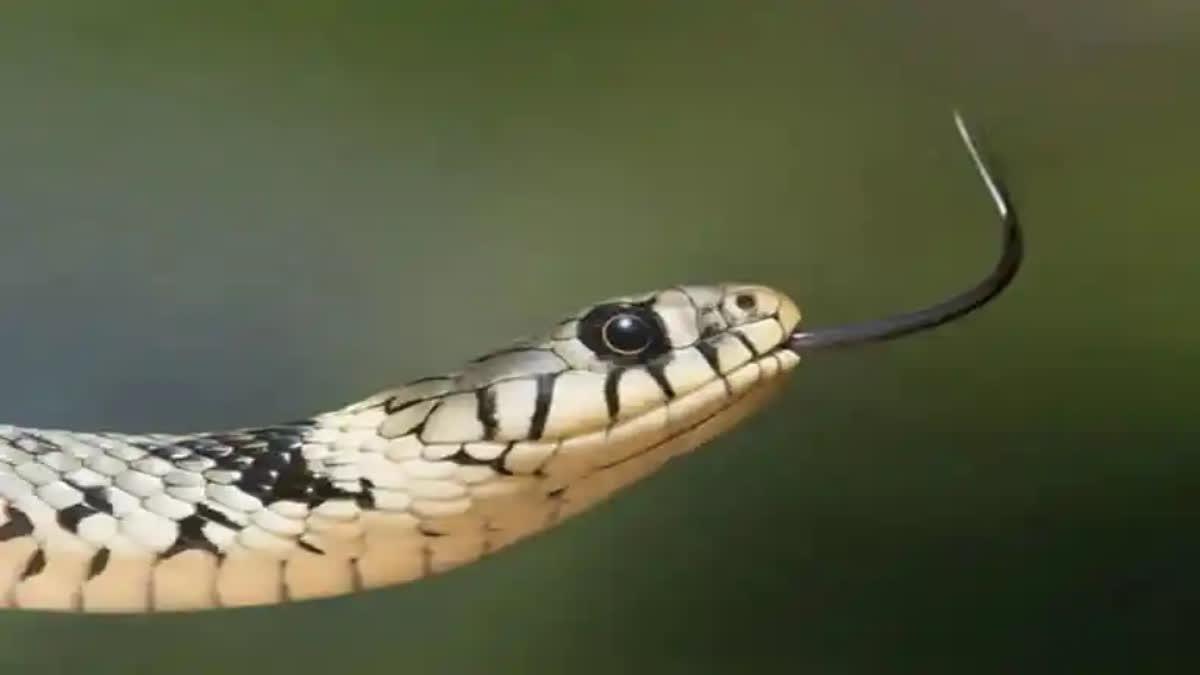New Delhi:Promoting locally practical methods -- with the support and understanding of people -- may reduce the number of individuals bitten by venomous snakes and save many lives, according to a study conducted in Tamil Nadu.
The researchers surveyed 535 people in rural agricultural communities in Tamil Nadu, asking what anti-snakebite measures they take, and what stops them doing more to protect themselves. Tamil Nadu has just 5 per cent of India's population, but an estimated 20 per cent of the country's snakebite deaths happen in the state, they said.
The findings, published in the journal Conservation Science and Practice, show that most people (69 per cent) take steps to prevent snakebites, but the measures taken don't always reflect evidence-based advice. Of the people who took steps to prevent snakebites, more than half (59 per cent) exclusively used measures supported by evidence and government guidelines.
These include keeping homes and surroundings clean and tidy, and using torches at night, the researchers, including those from Madras Crocodile Bank Trust, said. However, 41 per cent relied fully or partially on measures not recognised by research or official advicesuch as sprinkling salt, garlic, turmeric or bleach as deterrents, they said.
"The really important point is to find solutions that work in a certain location, and that people find practical and easy to use," said Harrison Carter, who led the study as part of a master's at the University of Exeter, UK.
